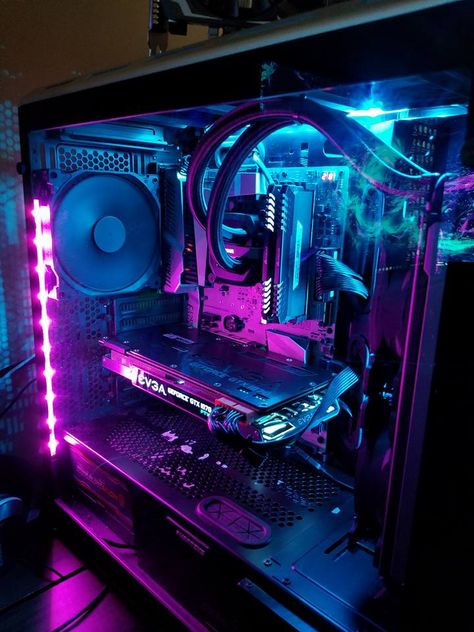Choosing a power supply

When building a new computer, one of the most overlooked part is the power supply. The power supply, or PSU, supplies power to your entire system, and a bad one can cause that expensive motherboard or graphics card to malfunction.
When shopping around for PSU's the most looked at spec is the wattage. Wattage is the base number to help you distinguish which PSU you need and how it is rated. This is the total amount of watts the PSU can deliver to the different parts of your PC. There are a wide range of models that provide 300W and all the way up to 1200W. While models will advertise the wattage on the box, it may not be a good indicator. It will depend on whether it means continuous wattage or peak wattage. Another spec that may be advertised is the 80 PLUS certification. Other factors to consider when choosing a power supply are the power connectors and how they are connected to the power supply.
Watts
In terms of wattage, the number advertised may be misleading due to how it was rated. If the wattage is rated in peak wattage, it may not be enough. For example a power rating of 1000W, may only be able to supply that wattage for a few seconds only. It may only be able to supply 200W of continuous power. If your PSU does not provide the necessary power, you may experience glitches in your system such as systems freezing or random errors. In the worse case, it may damage your precious components.
Another way the wattage is advertised is continuous power. Continuous power is the amount the PSU can deliver consistently to the load. Some PSU's with a continuous power rating of 500W may be able to deliver 1500W peak power for short bursts when needed.
Efficency ratings
Since 2004, you may have seen some PSU's with an 80 PLUS rating on them. You may have also noticed that the 80 PLUS ratings come in different grades such as 80 PLUS, 80 PLUS Bronze, 80 PLUS Silver, 80 PLUS Gold and 80 PLUS Platinum. What this all means is that the power supply is 80% efficient.
The efficiency of a computer power supply is calculated by dividing the converted direct current being used by the power supply (DC) by the alternating current delivered to the unit from the wall (AC). Using the formula, a 400W PSU rated at 80% efficiency would consume only 500W of AC power, ensuring only 100W is wasted as heat. Although this may sound reasonable, there's more to it than that. A PSU's efficiency will vary under different loads, and generally, PSU's are less efficient at low and maximum loads.
In 2010, the original 80 PLUS certifications were divided into 5 sub categories, each of which requires varying levels of efficiency at 20, 50 and 100 per cent load. The original certification, 80 PLUS, is given to any power supply that achieve at least 80 per cent efficiency at the three defined workloads. 80 PLUS Bronze certification is given to PSU that achieve 81 per cent efficiency at 20 per cent load, 85 per cent efficiency at 50 per cent load and 81 per cent efficiency at 100 per cent load. 80 PLUS Silver certification is given to PSU that achieve 85 per cent efficiency at 20 per cent load, 89 per cent efficiency at 50 per cent load and 85 per cent efficiency at 100 per cent load. 80 PLUS Gold certification is given to PSU that achieve 88 per cent efficiency at 20 per cent load, 92 per cent efficiency at 50 per cent load and 88 per cent efficiency at 100 per cent load. 80 PLUS Platinum certification is given to PSU that achieve 90 per cent efficiency at 20 per cent load, 95 per cent efficiency at 50 per cent load and 91 per cent efficiency at 100 per cent load.
Other considerations
PSU's come in multi-rail or single-rail, what that means to you is that power fluctuations on on rail won't affect the other rails. Multi-rail power supplies may be beneficial if you have power fluctuation or outages, otherwise, there will little benefit. If you have a good uninterruptible power supply (UPS), then a single rail will be sufficient. Unless you're buying a high-end specialized PSU, you should be fine with the cabling that comes in the box. High-end PSUs do offer something called "modular cabling", which lets you fit custom cables and pin connectors to attach your parts to it. Not important for the average user but for people with clear panels, the use of modular cables will help with cable management and the aesthetics of your system.